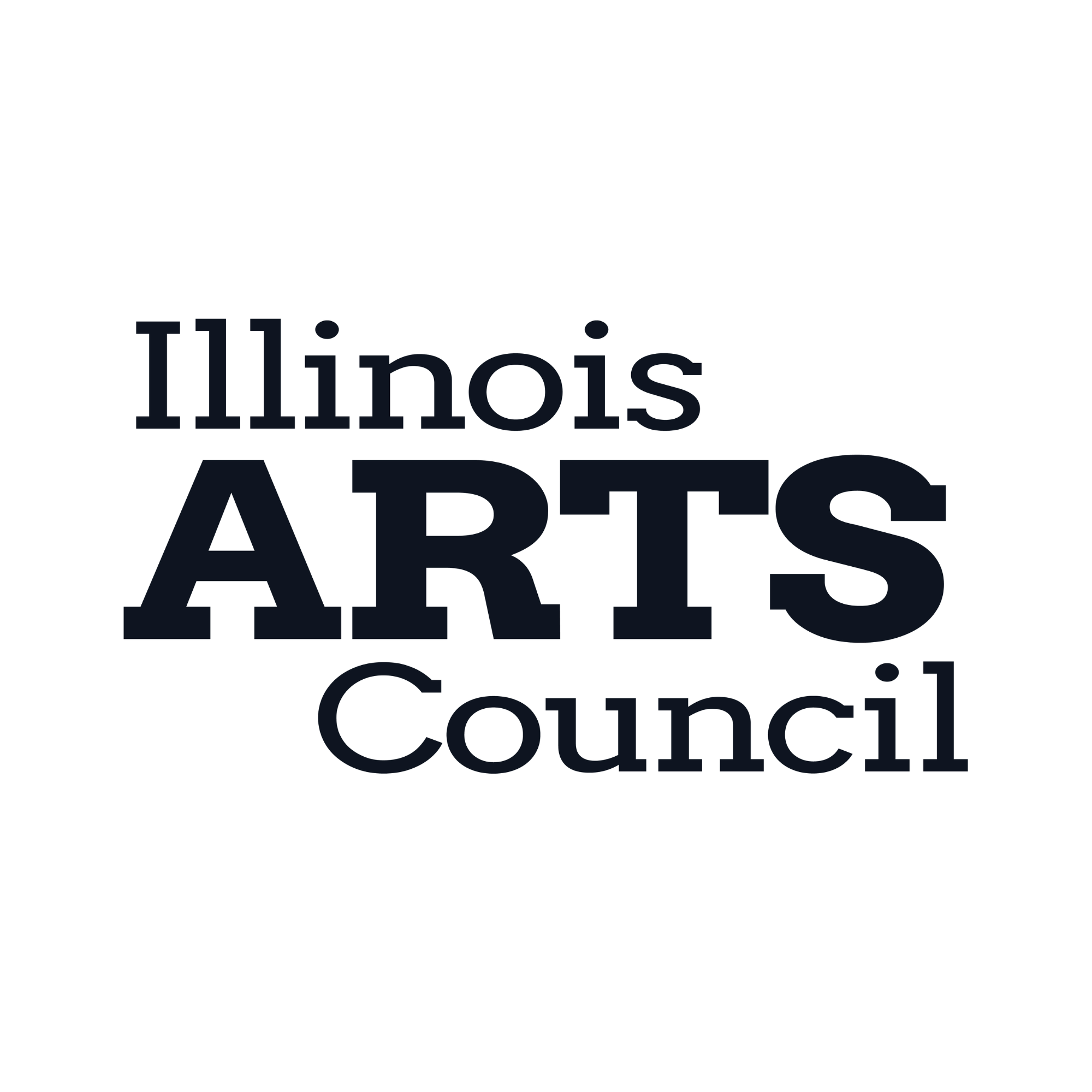Photo By: Jessica Rivera
Makeup By: Mariah Frank
What is your story?
I sat uncomfortably in my gray hospital room, anxiously looking around at the walls that seemed to slowly draw closer. The slow passage of time was torturous, days felt like months, and given the absence of a working clock, my only means of gauging time was the slow, sad drip of the IV. Countless doctors and physicians tried to determine the source of my pain; the theories were endless. One day I had intestinal problems, the next, I had cancer, other days, the theory was mental illness. No one seemed to be able to figure it out. All I knew was that I wanted to go back to normal; to the hospital, we went.
Finally, an ultrasound technician found something. She showed the doctors that there was a large mass in my pelvic region. I was shocked such a mass could grow in anyone’s body, and why mine? Although my pain seemed endless, I felt safe with my doctors. These doctors were dedicated and made me feel like their top priority. I was grateful for their commitment to helping me feel better. Even though their words sounded foreign, I dreamt of learning their jargon and figuring out human illnesses. They offered patients and families like mine solutions to what felt unfathomable. The doctors were heroes in my eyes.
Jarred from these thoughts, the doctors sent me into surgery. A mature cystic teratoma was removed from my left ovary. Fortunately, it was a ball of hair and teeth, not cancer. I will always have scars but I am fortunate to be alive and cancer free. After weeks of seeing them in pain, I saw the light of hope from their eyes. As I left my hospital room, I gained a new passion to help others, and learn more about the mysterious human body.
After the surgery, my love for science, anatomy, and biology has continued to grow. I hated not knowing the source of my pain, which fueled my passion and curiosity to study science. This experience also sparked my interest in working in the medical field. I would like to bring comfort to people by taking courses to prepare for medical school. As my family has struggled with both my sister's and my medical expenses, I feel I am allowed with this job to pay them back. Both my sister and I have had a cystic teratoma in the same spot. I have seen the pain my parents went through with me while my sister was in my spot. I also understand the struggles faced by families that have debt due to medical misdiagnosis. I want to be the person who can inform them of a correct diagnosis promptly. I want to be a trustworthy doctor who helps children through their health challenges, especially because I am unsure if I will be able to have children of my own. I empathize with children who feel insecure or are hesitant towards doctors and nurses. I want to help families find their answers by researching and explaining patient’s problems, just as my doctors did.
What do you racially identify as?
African American and Caucasian
How can you use your story to make an impact in our community and beyond?
As I made my way through highschool, my motivation of being in the medical field only grew. Still, I began to struggle with my identity. Being biracial almost felt like a nuisance or a disadvantage. I always felt I had to choose my white or black side due to constant ethnic differences. Especially in healthcare, forms still do not list Biracial as a race, leaving me to conform to one half of myself. My social life has also been influenced by being biracial. Friends made me adjust to one race, making me feel as if my identity was not valid. There was a constant battle between myself and reality, yet I used this as motivation. There is still a lack of representation in the medical field of biracial people. I realized I would use my differences as an advantage.
As a minority woman, it is important that I have the opportunity to pursue my passion for medicine and health. Only 34.5% of doctors in the United States are women (OECD), and only 2% are minorities (Forbes). My passion to help others is also driven by the underrepresentation of women in my desired field. Additionally, the amount of discrimination minorities experience in health care is reprehensible. The Tuskegee experiment, Henrietta Lacks, and sterilization of innocent Native American women all come from the eugenic superiority of white Americans. Many health specialists demonstrate their privilege as they fail to recognize the disadvantages faced by minorities. I want to change the standard of black and brown people being marginalized by being a relatable and dependable doctor. My uncertain, pre-teen self had no idea why she was in constant pain, but she will always be grateful to the technician who found that teratoma. Today, I am proud of myself for being certain in wanting to pursue a career that unravels mysteries to help people live their healthiest lives. I remain educated about current societal issues, which I plan to include in my studies. My studies are crucial to give others the help they deserve.
What encouragement would you give to someone who shares a similar story?
I often struggle with telling myself I am good enough. Becoming a doctor is hard, and sometimes my negative thoughts harm my potential. To someone with the same dreams as mine, I would tell them to go for it. Of course there will always be barriers in the way, but the important part is getting around them. You are good enough. You are strong. You are blessed. Only you stand in your way of success.
Photos By: Jessica Rivera
Makeup By: Mariah Frank






























